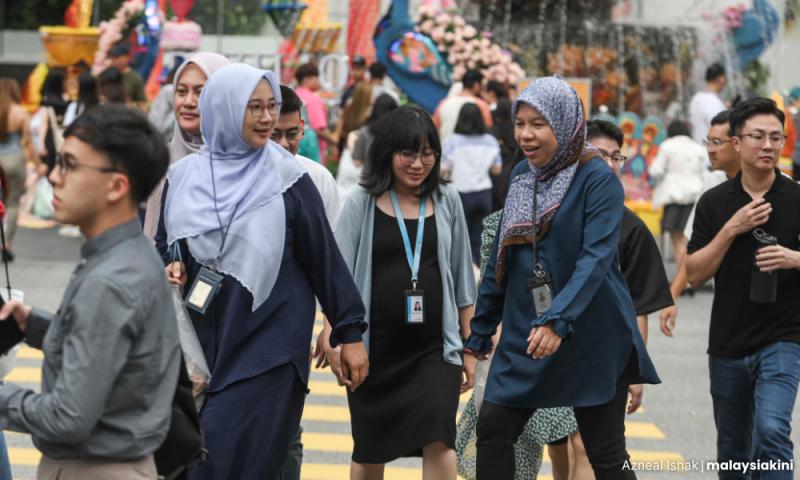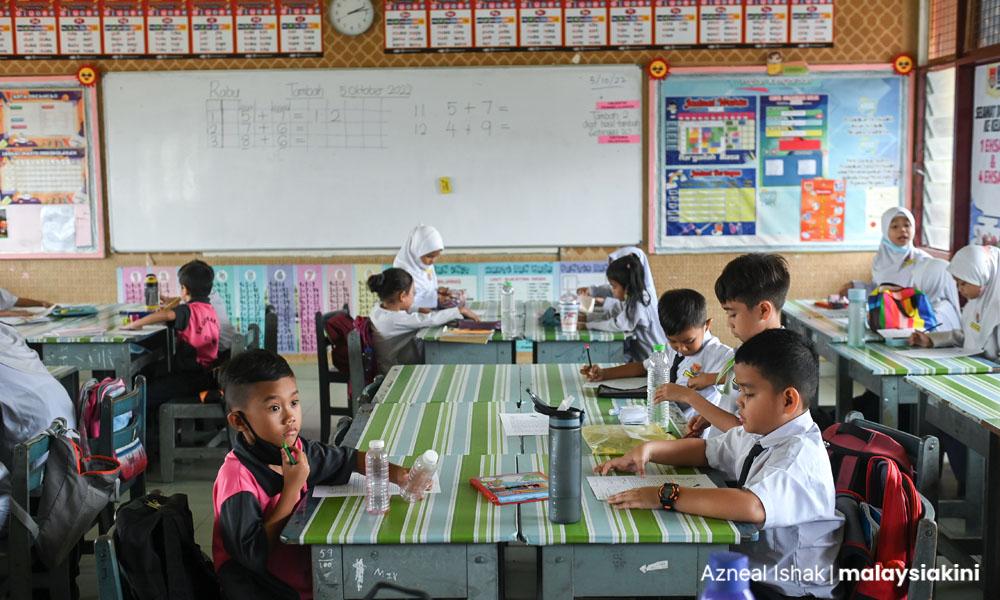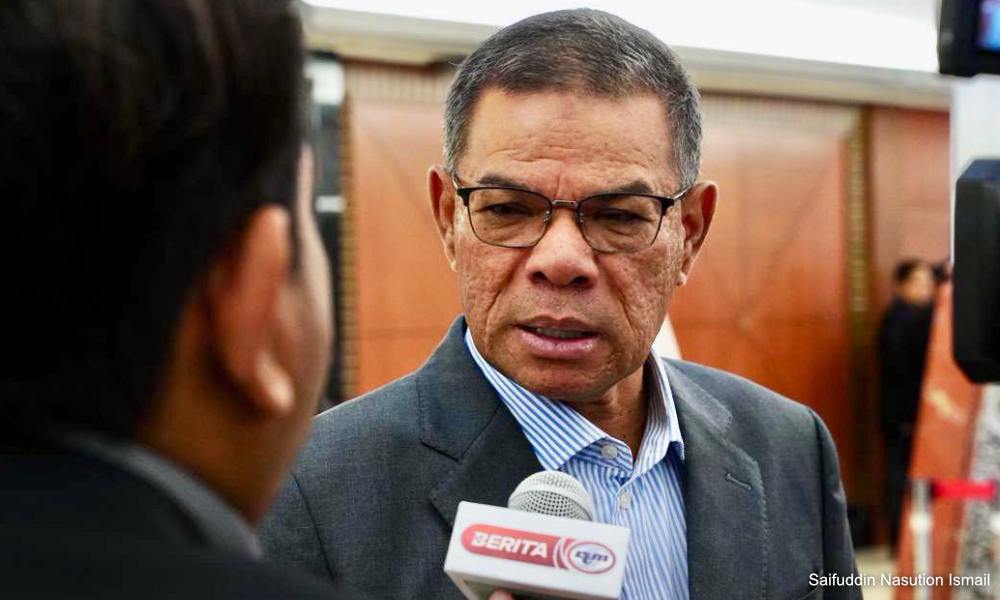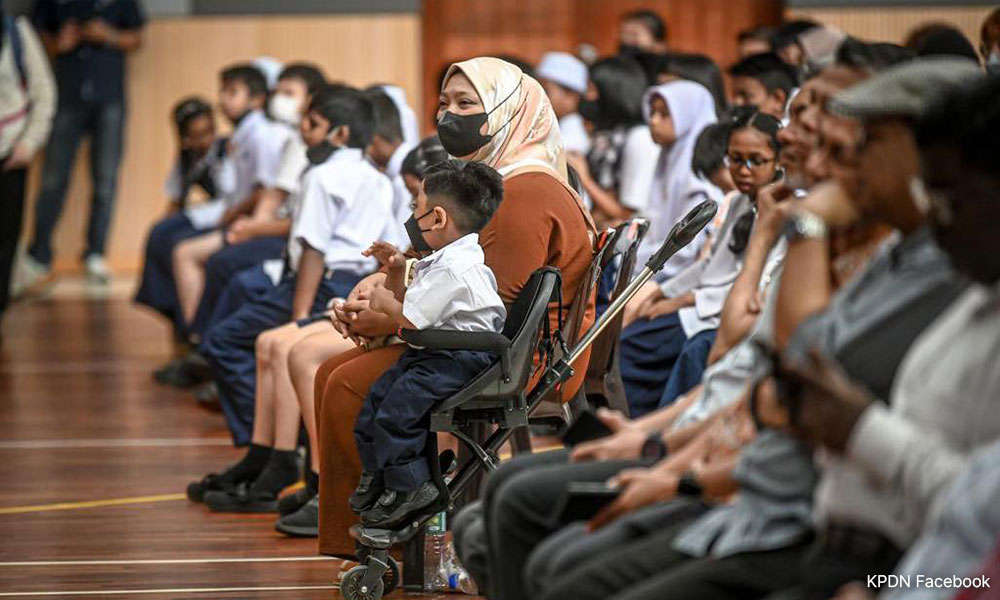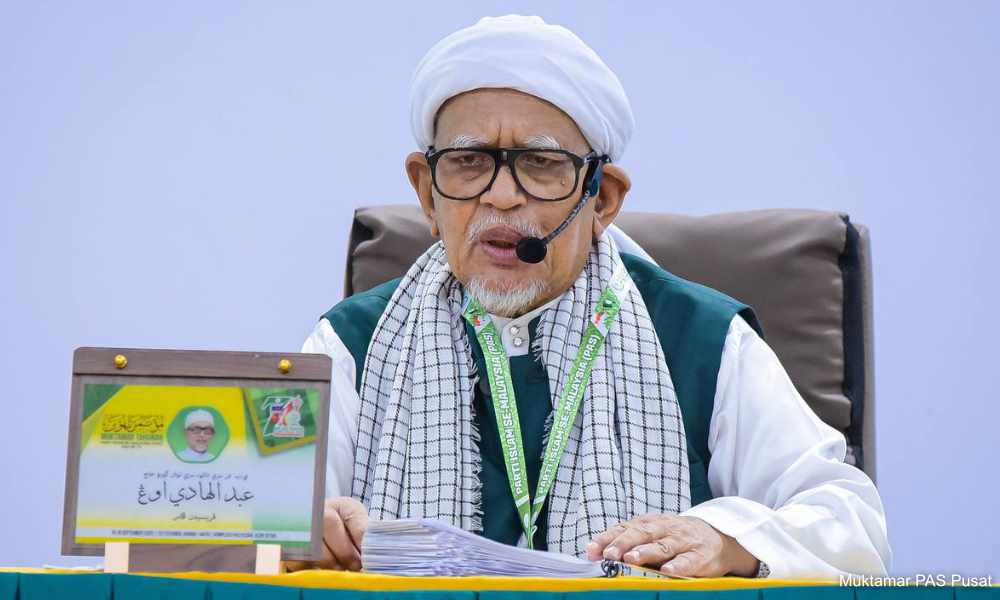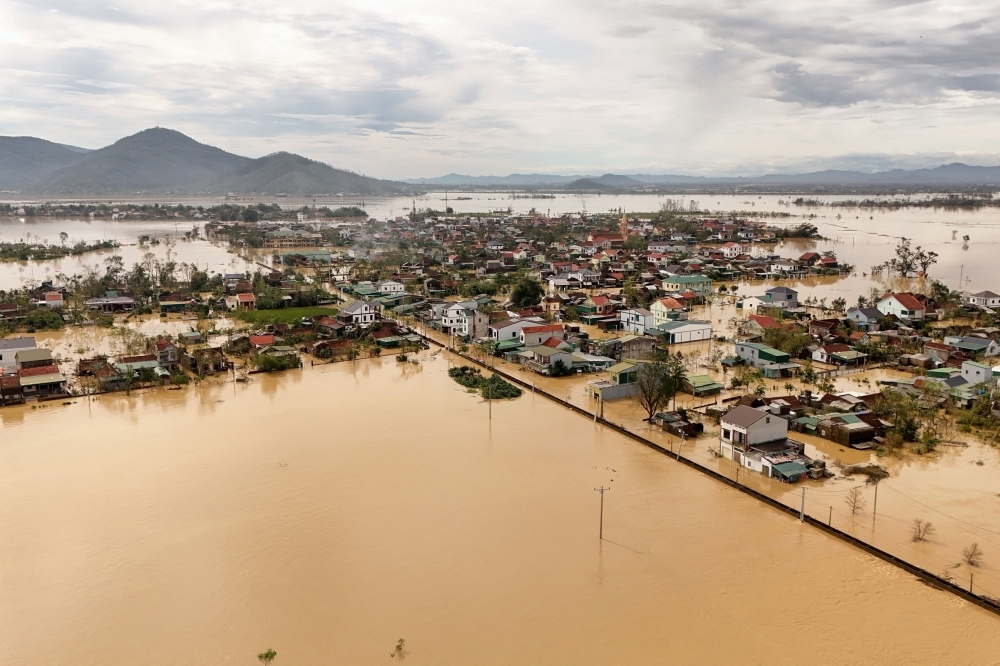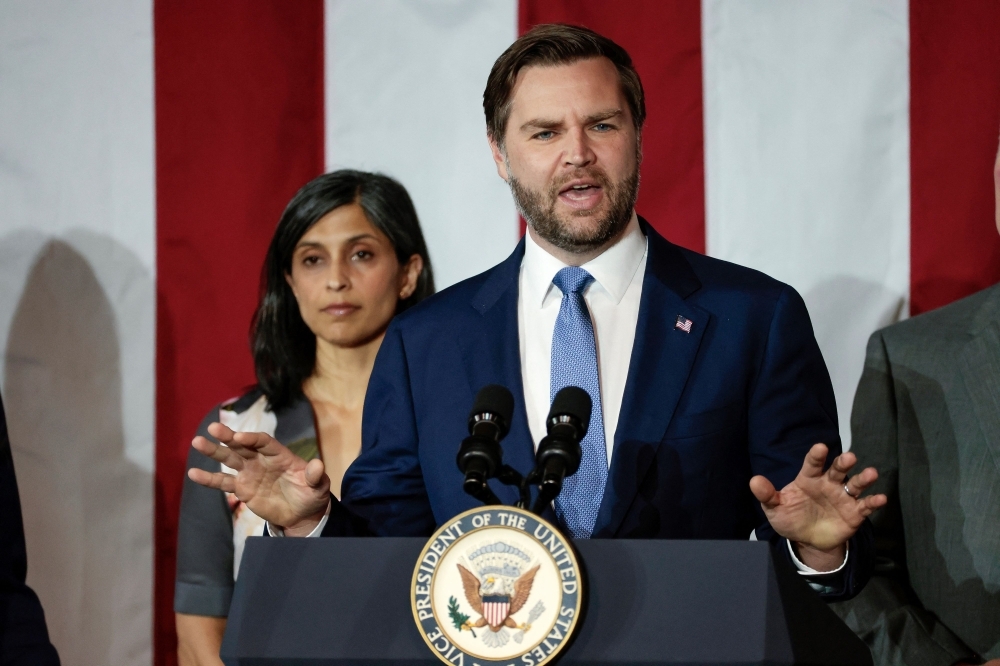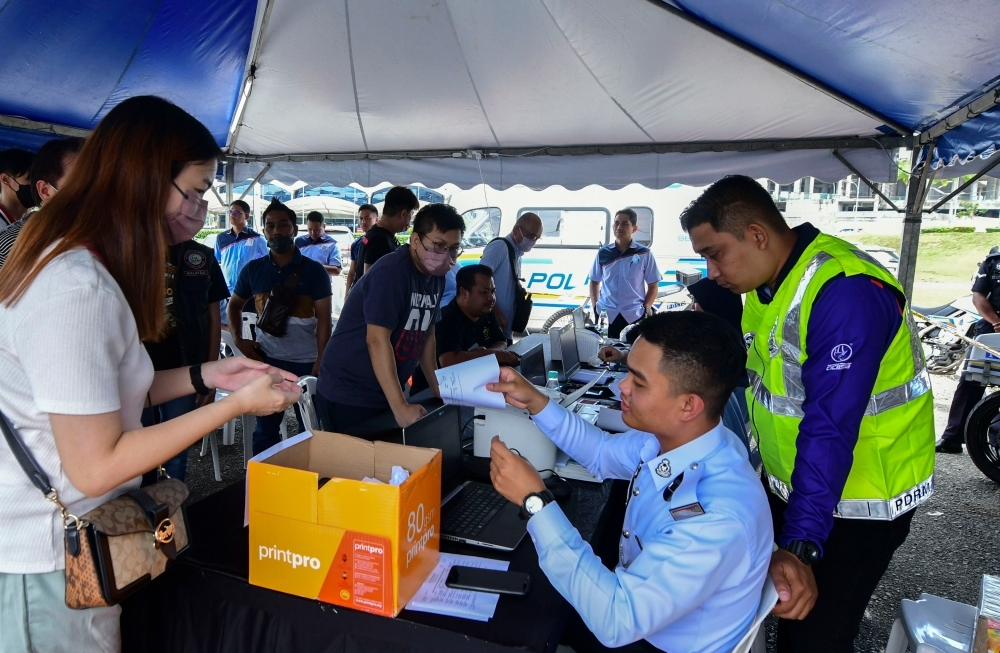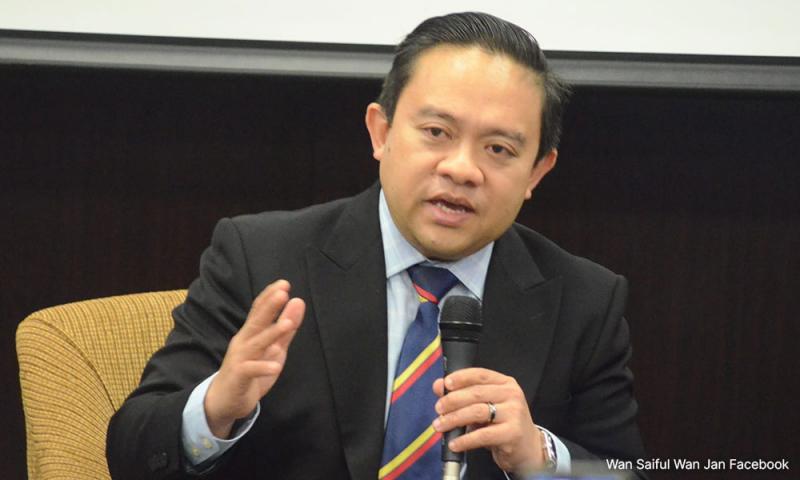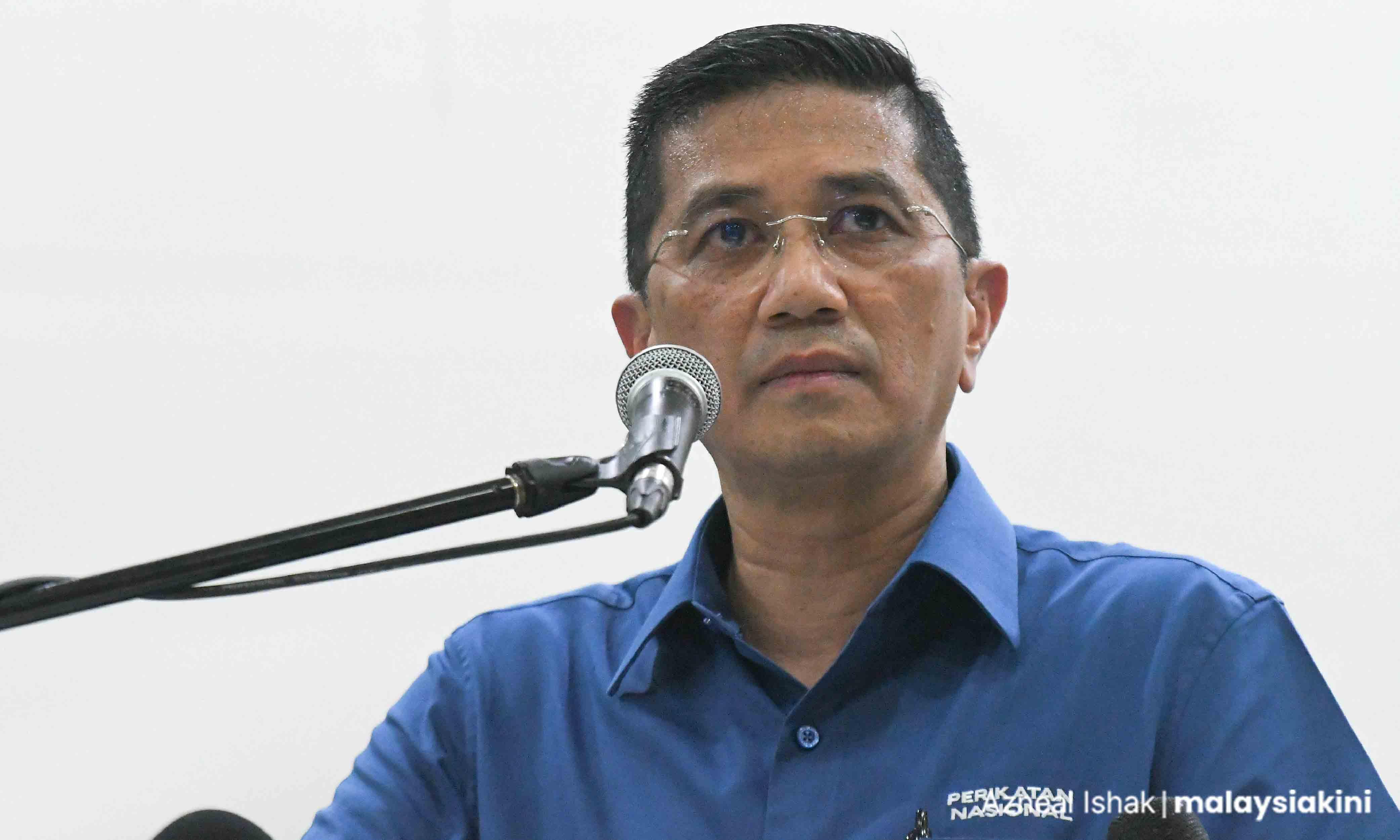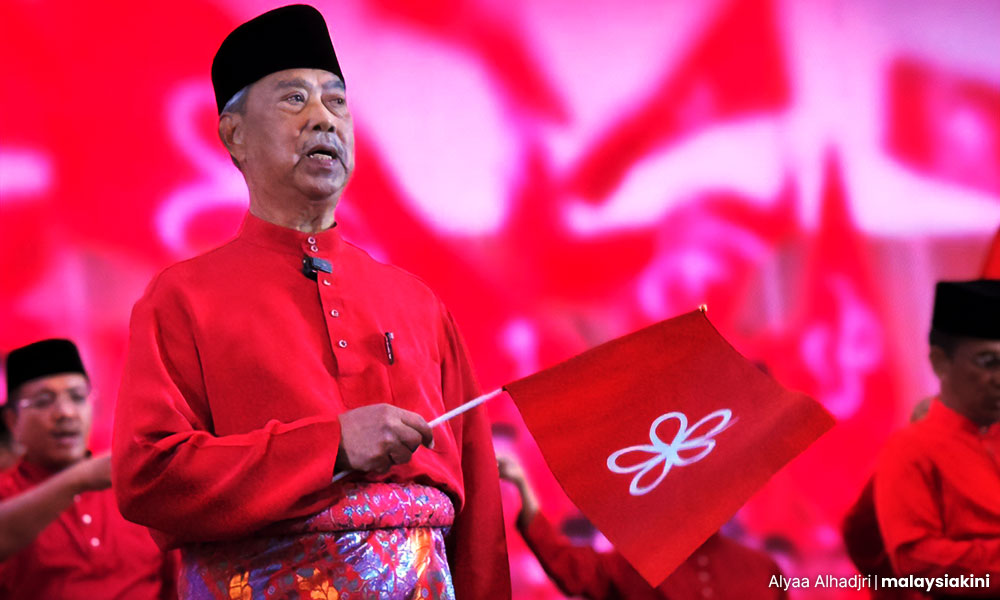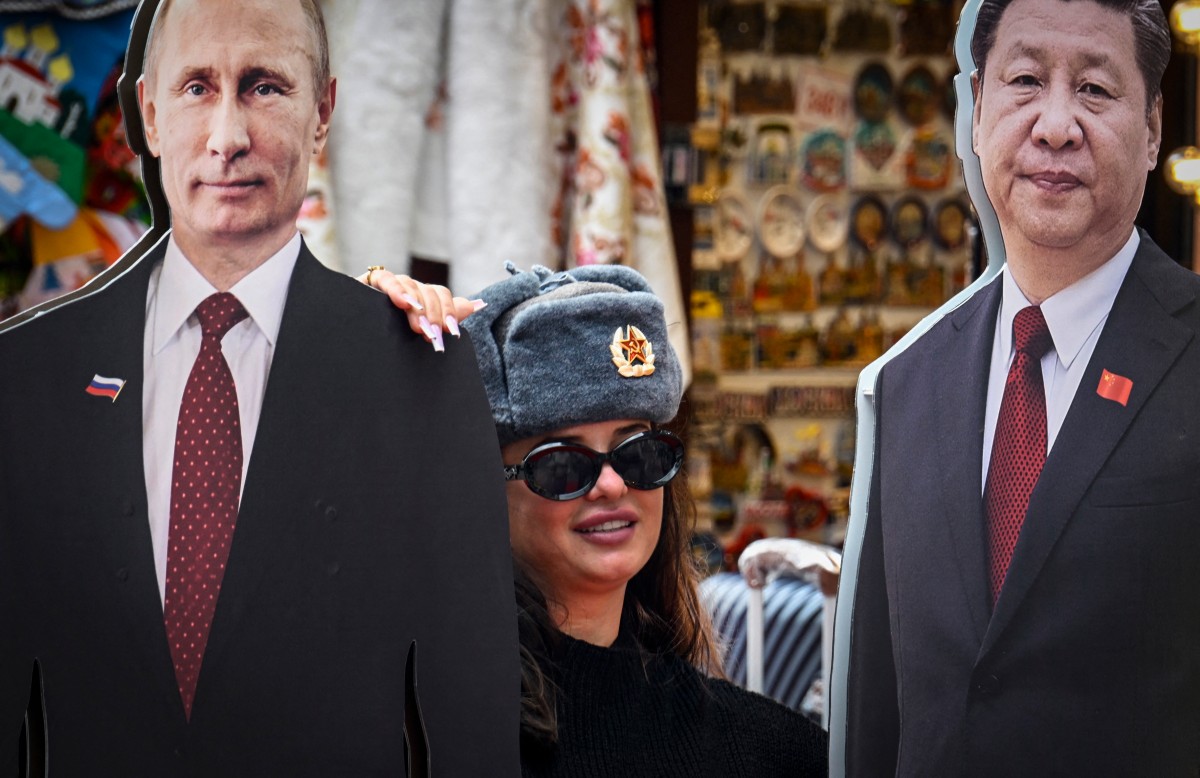Thanks MF
https://x.com/clashreport/status/1972726151757132174?s=19
BREAKING: Trump's Gaza peace plan announced by the White House:
Israel will not occupy or annex Gaza.
Gaza will be a "deradicalized, terror-free zone" that does not pose a threat to its neighbors.
Within 72 hours of Israel publicly accepting this agreement, all hostages, alive and deceased, will be returned.
Once all hostages are released, Israel will release 250 life sentence prisoners plus 1700 Gazans who were detained after October 7th, 2023.
US will establish a dialogue between Israel and Palestinians to agree on a political horizon for peaceful and prosperous co-existence.
If both sides agree to this proposal, war will immediately end.
https://x.com/MofaQatar_EN/status/1972770277319954465?s=19
Joint Statement by the Foreign Ministers of Qatar, Jordan, UAE, Indonesia, Pakistan, Türkiye, Saudi Arabia, and Egypt welcome US President’s sincere efforts to end the war in Gaza
#MOFAQatar
https://x.com/disclosetv/status/1972739761967394928?s=19
NOW - Trump, on Trump's Gaza peace deal: "Bibi, congratulations on this. This is, I think, this will be your crowning achievement, frankly."
https://x.com/disclosetv/status/1972740447547334853?s=19
NOW - Netanyahu on Gaza peace: "If Hamas rejects your plan, Mr. President, or if they supposedly accept it and then basically do everything to counter it, then Israel will finish the job by itself."
***
BBC:
Leaders in Middle East and Europe welcome Trump's Gaza peace plan
7 minutes ago
Rushdi Abualouf (Gaza correspondent) and
George Wright
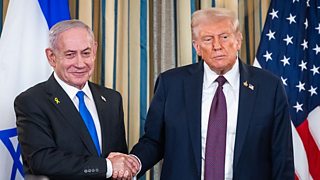
Trump and Netanyahu outline peace plan to end war in Gaza
European and Middle Eastern leaders have welcomed a new US peace plan for Gaza, as President Donald Trump warned Hamas to accept it.
The plan, agreed by Trump and Israeli leader Benjamin Netanyahu, proposes an immediate end to military operations, with Hamas releasing 20 living Israeli hostages and the remains of the more than two dozen hostages who are believed to be dead within 72 hours, in exchange for hundreds of detained Gazans.
A Palestinian source familiar with the ceasefire negotiations told the BBC that Hamas officials have been given the White House's 20-point plan.
It demands that Hamas will have no role in governing Gaza, and leaves the door open for an eventual Palestinian state.
Speaking at a news conference following talks at the White House, Trump called the plan "a historic day for peace".
But he said that Netanyahu will have US backing to "finish the job of destroying the threat of Hamas" if Hamas does not agree to the plan.
Netanyahu then said Israel "will finish the job" if Hamas rejects the plan or does not follow through.
kt comments: Rely on Satanyahu 101% to sabotage the plan
The Palestinian Authority, which governs the Israeli-occupied West Bank, has called the US president's efforts as "sincere and determined".
In a statement published by its WAFA news agency, the authority said it "renews its joint commitment to work with the United States, regional states, and partners" to end the war on Gaza, ensure sufficient delivery of humanitarian aid to Gaza, and the release of hostages and prisoners.
In a joint statement, the foreign ministers of the United Arab Emirates, Saudi Arabia, Qatar, Egypt, Jordan, Turkey, Indonesia, and Pakistan said they welcomed Trump's "leadership and his sincere efforts to end the war in Gaza".
They said they were ready to engage with the US to finalise and implement the agreement, which they said should lead to a "two state solution, under which Gaza is fully integrated with the West Bank in a Palestinian state".
European Council President Antonio Costa said he was "encouraged by Prime Minister Netanyahu's positive response" to the proposal. He added "all parties must seize this moment to give peace a genuine chance".
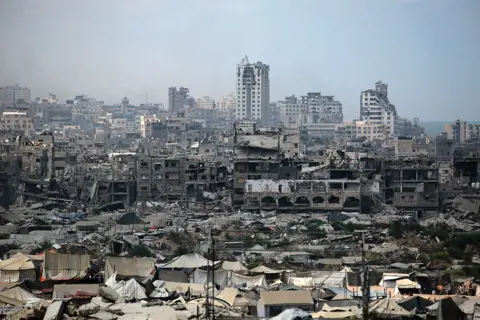
AFP via Getty Images
At least 66,055 people have been killed in Israeli attacks in Gaza since October 2023, according to the Hamas-run health ministry
The proposal, if followed, would begin with the immediate cessation of military operations. It also says existing "battle lines" would be frozen in place until conditions are met for a staged withdrawal. Hamas would lay down its arms and its tunnels and weapon production facilities would be destroyed.
For every Israeli hostage whose remains are released, Israel will release the remains of 15 dead Gazans, the plan says.
The plan also stipulates that once both sides agree to the proposal "full aid will be immediately sent into the Gaza Strip".
The US also outlines its plan for the future governance of Gaza.
It says a "technocratic, apolitical Palestinian committee" will govern temporarily "with oversight and supervision by a new international transitional body, called the Board of Peace, which will be headed" by Trump.
Former UK PM Sir Tony Blair will be part of the governing body alongside other leaders "to be announced". Sir Tony called the plan "bold and intelligent".
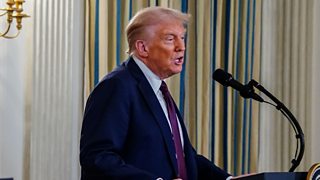
Blair wants to be on board that will oversee Gaza, Trump says
UK Prime Minister Sir Keir Starmer also welcomed the plan, saying: "We call on all sides to come together and to work with the US Administration to finalise this agreement and bring it into reality.
"Hamas should now agree to the plan and end the misery, by laying down their arms and releasing all remaining hostages," Sir Keir added.
French president Emmanuel Macron said: "France stands ready to contribute" to the efforts to end the war and release hostages.
"These elements must pave the way for in-depth discussions with all relevant partners to build a lasting peace in the region, based on the two-state solution," said Macron.
Italy's Prime Minister, Giorgia Meloni, said in a statement that the proposal "could represent a turning point in this process". Italy "urges all parties to seize this opportunity and accept the plan," she said.
The plan adds that Hamas must have no role in governance, "directly, indirectly, or in any form".
Much of the plan is focused on what the US calls an "economic development plan" to rebuild Gaza. It also says "Israel will not occupy or annex Gaza" and its forces will withdraw from the territory in stages over time.
In a shift from Trump's earlier statements, Palestinians will not be forced to leave Gaza. Instead, the document said: "We will encourage people to stay and offer them the opportunity to build a better Gaza."
The plan also leaves the door open to an eventual Palestinian state.
A Palestinian source familiar with the ceasefire negotiations told the BBC "Qatari and Egyptian officials have handed over the White House plan to end the war in Gaza to Hamas officials in Doha".
Earlier, a senior Hamas official told the BBC that the group remained open to studying any proposal that could end the war in Gaza, but stressed that any agreement must safeguard Palestinian interests, ensure a full Israeli withdrawal from Gaza and bring the war to an end.
Asked about the group's weapons, the official said: "The weapons of the resistance are a red line as long as the occupation continues.
"The issue of arms can only be discussed within the framework of a political solution that guarantees the establishment of an independent Palestinian state on the 1967 borders."
The announcement of the plan comes just days after Netanyahu attacked the recognition of a Palestinian state by multiple Western countries during a combative speech at the UN General Assembly.
Netanyahu labelled the recognition moves a "mark of shame" that sent the message that "murdering Jews pays off".
Dozens of officials and diplomats staged a walk-out as he took to the UN podium, leaving large parts of the conference hall empty.
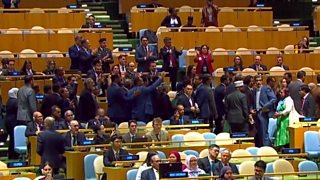
Moment dozens walk out as Netanyahu speak at UN
While Trump has staunchly backed Netanyahu since returning to the White House for a second term, he has become increasingly frustrated with Israel's moves in recent weeks.
Trump expressed annoyance at Israel's recent strike on Hamas members in key US ally Qatar.
Before Monday's news conference, Netanyahu called Prime Minister Mohammed bin Abdulrahman bin Jassim al-Thani of Qatar from the White House to express his deep regret that Israel's missile strike unintentionally killed a Qatari serviceman.
The Israeli military launched a campaign in Gaza in response to the Hamas-led attack on southern Israel on 7 October 2023, in which about 1,200 people were killed and 251 others were taken hostage.
At least 66,055 people have been killed in Israeli attacks in Gaza since then, according to the territory's Hamas-run health ministry.
A UN-backed body recently confirmed that famine was taking place in Gaza City. Earlier this month, a UN commission of inquiry concluded that Israel had committed genocide in Gaza - which Israel strongly rejects.
***
Why the frigg should Tony Blair be recruited as a member of Trump's Peace Board for Gaza? He is an unwanted opportunistic war criminal.


